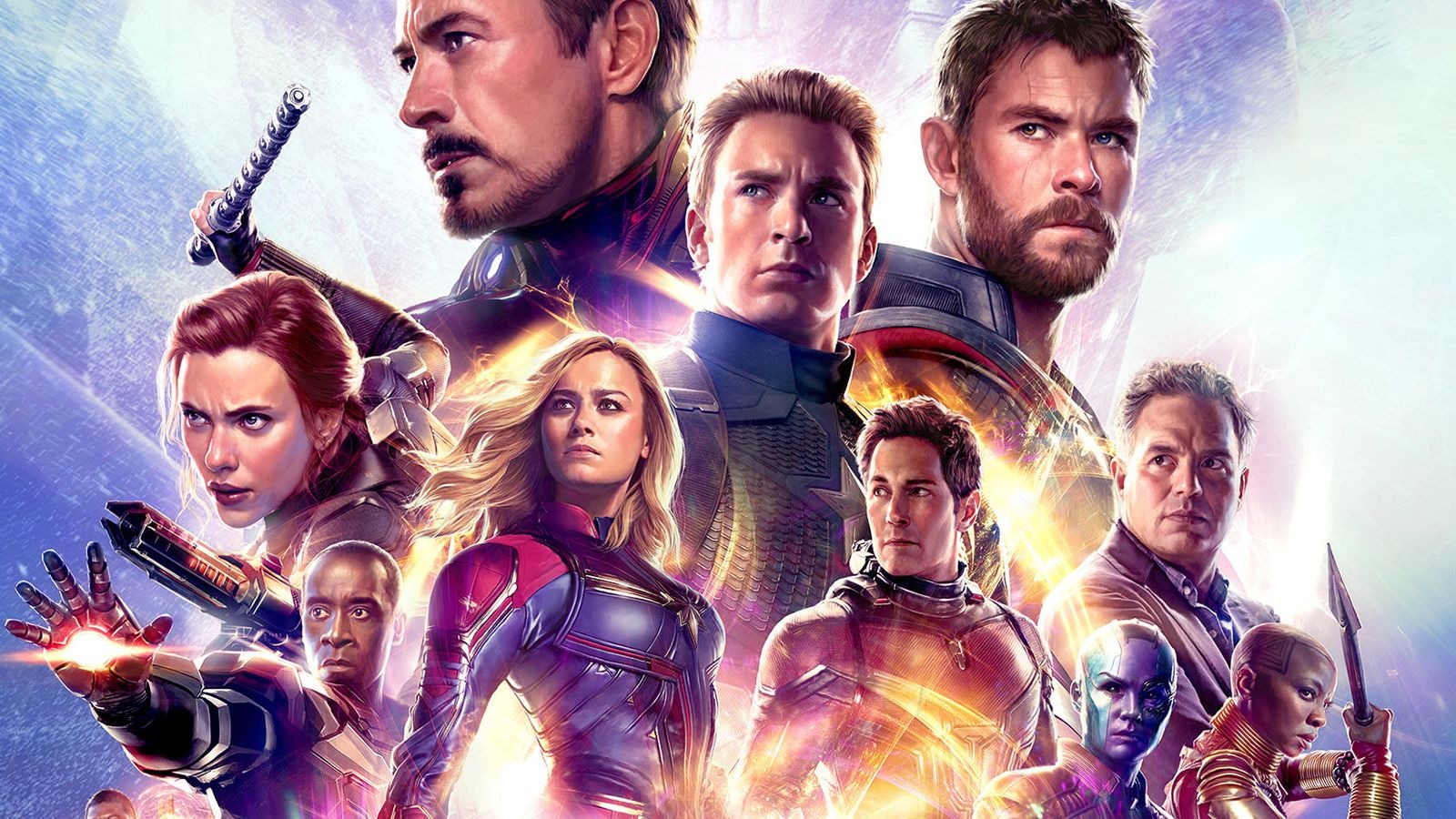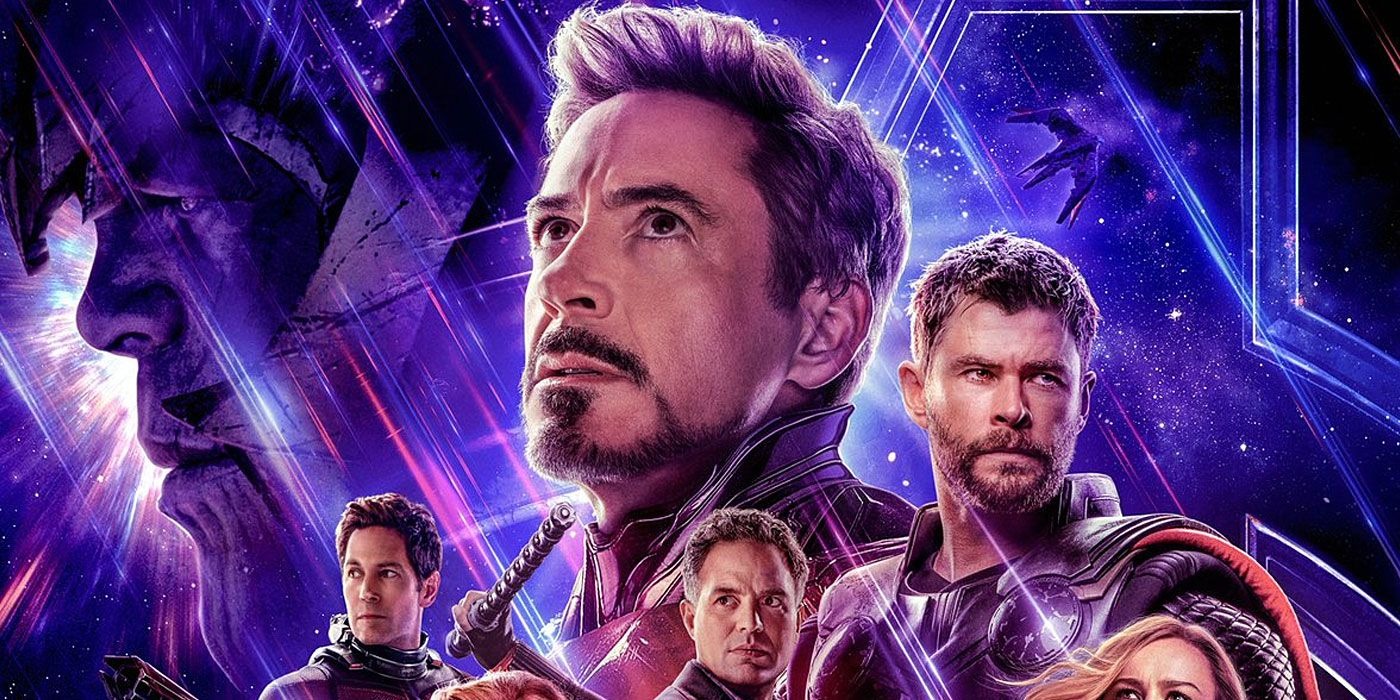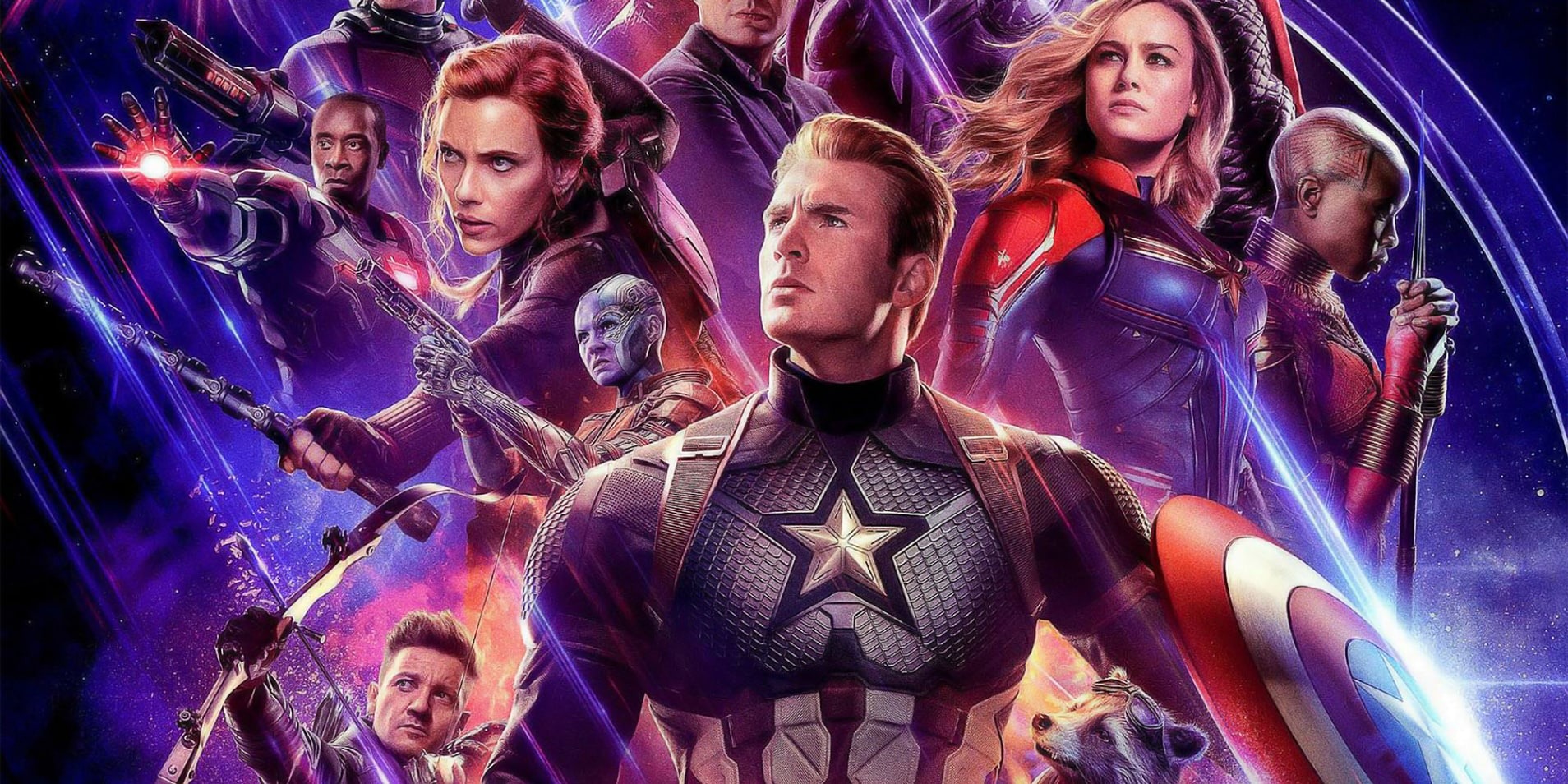Rather than constantly resetting events, Avengers: Endgame introduced changes that truly carried weight, especially when it came to its most iconic characters. Iron Man, played by Robert Downey Jr., meets a definite end. Captain America, portrayed by Chris Evans, steps away from the spotlight as an elderly man.
These developments weren’t temporary or easily reversed, and any attempt to undo them would take away from the emotional depth the film delivered. By bringing these arcs to a natural resting point, the film made previous events across the Marvel films more meaningful.

A Fitting End for Tony Stark’s Journey
Tony Stark’s journey, from a carefree billionaire to a selfless protector, was never just about putting on the Iron Man suit. From the moment he chose to fight the very thing he once profited from, he began reshaping his entire life.
His story throughout the Marvel films shows a man who repeatedly tries to repair what he’s broken, even if his methods bring about new problems.
At the beginning of Endgame, it’s clear that Tony still carries that mindset—he doesn’t feel too guilty about Ultron’s failure, believing that his original plan to protect Earth might have worked against Thanos.
A Man Driven By Short-Term Solutions
Short-term ideas often guided Tony Stark, even though he was brilliant. “I built weapons? Then I’ll become a weapon.” “I want less need for the Avengers? I’ll build an AI peacekeeper.” “I caused collateral damage? Then I’ll support strict oversight on superheroes.”
These quick fixes paint a clear picture of someone who’s always trying to mend what’s gone wrong. As pointed out in Iron Man 3, he’s a mechanic at heart. But when he finally faced a threat he couldn’t outsmart, he made the ultimate sacrifice—ending Thanos and his army at the cost of his own life.
The Guilt That Shaped Tony Stark’s Decisions
Tony Stark’s deepest fear wasn’t just about losing people; it was about surviving while others didn’t. Since Iron Man and reinforced by what he saw through the portal in The Avengers, the survivor’s guilt lingered. His final act in Endgame didn’t just bring closure—it mirrored everything that came before.
The man who tried to control everything gave his life and, in those final moments, realized that his efforts weren’t in vain. What truly protected the world weren’t his inventions, but the people who believed in him and chose to follow his example—fellow Avengers, close friends, and his daughter Morgan.
Steve Rogers Earns a Different Kind of Ending
Steve Rogers’ conclusion comes with its path. While I previously claimed that Endgame stayed away from fan service, I should clarify that it avoided lazy fan service. The film gives the audience what they want, but not in a way that ignores the story’s integrity.
When Steve stays in the past, it raises a few questions. Did he abandon helping others? Did he assume a false identity? And does that choice reduce the impact of his earlier sacrifice in Captain America: The First Avenger?
Questions That Don’t Need Answers
Trying to untangle all the questions about Steve’s timeline decision doesn’t lead anywhere satisfying. Steve Rogers earned his peace. Marvel doesn’t tend to go for tragic endings. Even when things are bittersweet—like how The First Avenger ended—the characters often find some kind of peace.
Goodness is treated as a reward in itself, and that’s why Steve’s quiet departure fits his character. It shows that this kind of peace is what he always longed for.
Steve Rogers Always Felt Out Of Place
Though Steve did his job as a hero, films like The Winter Soldier and Civil War showed how out of sync he was with modern times. His values weren’t the issue—he simply came from a different period. He managed to adapt, but never quite belonged in today’s world.

His heart remained in the 20th century, and going back to be with Peggy Carter wasn’t about changing history. He just wanted a simple, honest life with someone he loved.
Fan Service That Fits the Story
Even if Steve’s ending may look like fan service, it’s the kind that’s earned. Just like when Nick Fury tells Tony, “You’ve become part of a bigger universe,” these films are made with the audience in mind. Though they occasionally challenge expectations, they still create a world where good actions are rewarded.
These movies give a glimpse of a world where fairness exists and people can reunite with loved ones.
Steve Rogers Stayed True To Himself
The importance of Steve Rogers remained intact throughout. That scene where he helps others during a support group session at the start of Endgame hints at the kind of man he stayed as—even if all he could offer was emotional support.
His role as Captain America wasn’t erased. There was still a Cap during the years he spent in the past, and Sam Wilson eventually picked up the mantle. Steve didn’t walk away from the world—he simply wanted a chance to live.
Like many soldiers, after completing his duty, he chose to return home. His final chapter reflected a man who was more than his battles—he was a symbol of peace.
A Proper Farewell That Gives Shape to Their Stories
By reaching these endings, the stories of Tony Stark and Steve Rogers now have proper closure. Their journeys carry more weight now that they’re not left hanging indefinitely. What Endgame did was tailor these farewells to who these characters are and where their experiences have led them.
The way their stories wrap up isn’t just about saying goodbye—it’s about sending them off in a way that respects everything they’ve been through.
A Quick Note on Black Widow
Although Black Widow’s arc seems to have reached a close, it’s harder to fully accept that when a standalone Black Widow movie is still on the way. Add this powerful movie to your Amazon Prime watchlist and start streaming today.



